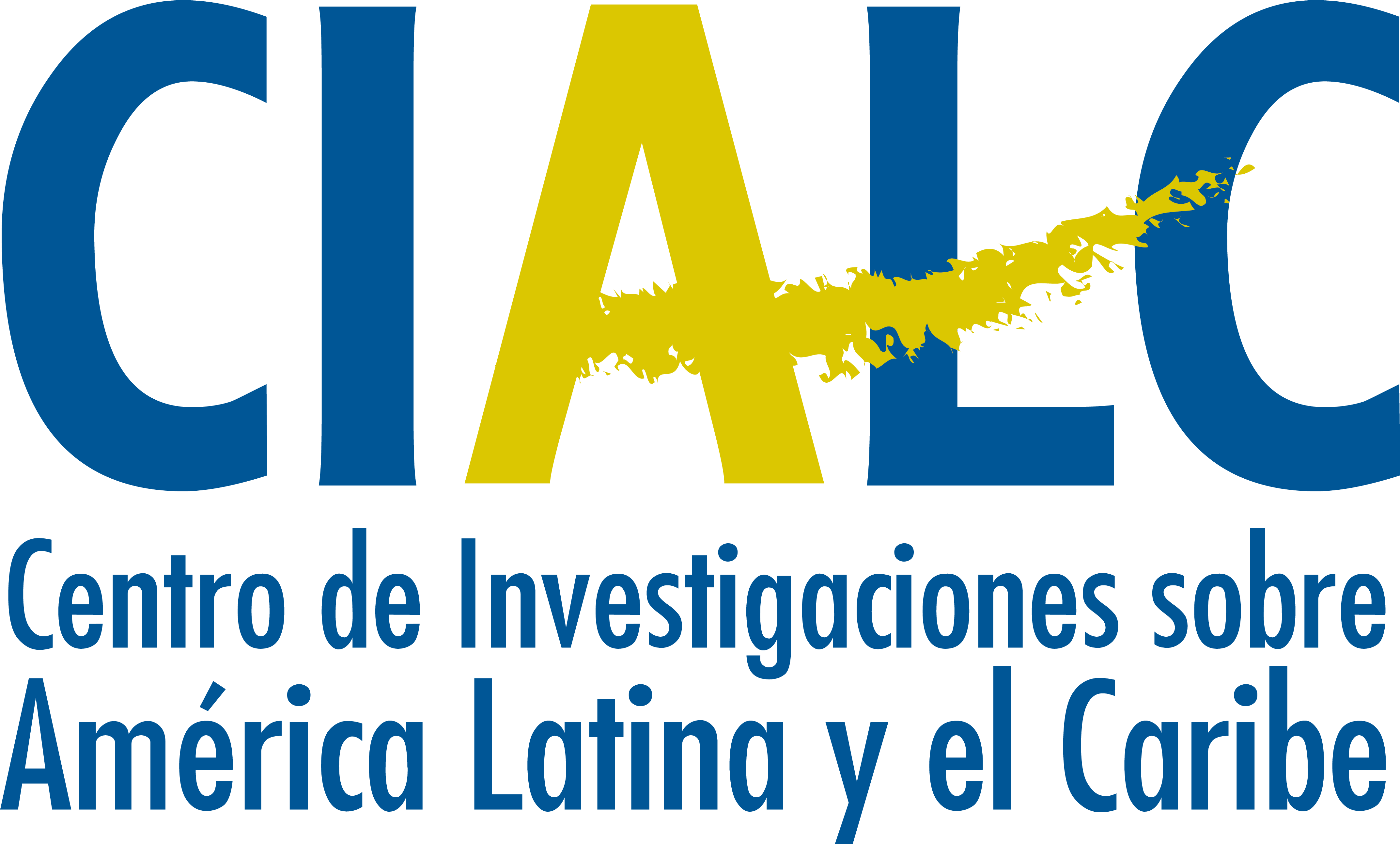Aviso de privacidad
Use el DOI o este identificador para enlazar este recurso:
https://rilzea.cialc.unam.mx/jspui/handle/CIALC-UNAM/A_CA51Registro completo de metadatos
| Campo DC | Valor | Lengua/Idioma |
|---|---|---|
| dc.rights.license | Creative Commons BY-NC-ND 4.0 Internacional, https://creativecommons.org/licenses/by-nc-nd/4.0/legalcode.es (2022-01-27) | - |
| dc.creator | Vigevani, Tullo | - |
| dc.creator | Magnotta, Fernanda | - |
| dc.date.accessioned | 2019-07-25T17:30:52Z | - |
| dc.date.accessioned | 2019-11-06T16:51:14Z | - |
| dc.date.accessioned | 2022-01-27T23:49:06Z | - |
| dc.date.available | 2019-07-25T17:30:52Z | - |
| dc.date.available | 2019-11-06T16:51:14Z | - |
| dc.date.available | 2022-01-27T23:49:06Z | - |
| dc.date.issued | 2017 | - |
| dc.identifier.issn | 0185-156X | - |
| dc.identifier.uri | https://rilzea.cialc.unam.mx/jspui/handle/CIALC-UNAM/A_CA51 | - |
| dc.description.abstract | This paper reviews the relationship between the United States and Latin America in the latest years so as to discuss future scenarios, with particular attention to Trump’s administration. Although the agenda during Obama’s administration was not particularly comprehensive, it was not apathetic towards the region; relationships showed a substantial improvement despite the paradigm, which remained unaltered. In the future, the lack of definition will prevail: for the United States, because of social tensions pressing the agenda towards increased protectionism and “to look inward”, with its subsequent commercial effects and a significant impact on trends like migration; for Latin America, because prospecting is difficult, with no guarantees for long-term stability despite the “liberal turn”, together with the fact that developmental and distributionist governments have come to an end in important countries of the region. It is also important to consider fundamental actors recently involved in the mix, such as China. For all of the above, no significant changes should be expected in hemispheric relationships. | - |
| dc.format | application/pdf | - |
| dc.format.extent | 403 KB | - |
| dc.language.iso | spa | - |
| dc.publisher | Universidad Nacional Autónoma de México. Centro de Investigaciones sobre América Latina y el Caribe | - |
| dc.rights | openAccess | - |
| dc.subject | Relaciones América Latina-Estados Unidos | - |
| dc.subject | Relaciones hemisféricas | - |
| dc.subject | Tratados de libre comercio | - |
| dc.subject | Migración | - |
| dc.subject | Relaciones América Latina-China | - |
| dc.subject.classification | Humanidades y de las Artes | - |
| dc.subject.other | Relationships Latin America-United States | - |
| dc.subject.other | Hemispheric relationships | - |
| dc.subject.other | Free trade agreements | - |
| dc.subject.other | Migration | - |
| dc.subject.other | Relationships Latin America-China | - |
| dc.title | Los actores externos : agendas y estrategias de Estados Unidos para América Latina (2010-2020) | - |
| dc.type | Artículo | - |
| dc.type | article | - |
| dc.type | publishedVersion | - |
| dcterms.bibliographicCitation | Vigevani, T., y Magnotta, F. (2017). Los actores externos: agendas y estrategias de Estados Unidos para América Latina (2010-2020). Cuadernos Americanos, 3(161), 47-77. https://rilzea.cialc.unam.mx/jspui/ | - |
| dc.rights.holder | La titularidad de los derechos patrimoniales de esta obra pertenece a: Universidad Nacional Autónoma de México | - |
| dc.audience | students | - |
| dc.audience | researchers | - |
| dc.audience | teachers | - |
| dc.relation.ispartofjournal | http://www.cialc.unam.mx/ | - |
| dc.description.resumen | Se analiza la relación Estados Unidos-América Latina en los últimos años y se discuten futuros escenarios, específicamente para el periodo Trump. Si bien la administración Obama careció de una agenda amplia, no fue apática hacia la región; las relaciones tuvieron alguna mejoría substantiva pero sin cambio de paradigma. En el futuro las indefiniciones prevalecerán; en el caso de Estados Unidos porque las tensiones sociales presionan la agenda hacia un mayor proteccionismo y a “mirar para adentro”, con efectos comerciales y significativos reflejos en pautas como la migración; en el caso de América Latina porque existen dificultades para la prospección; no obstante el fin de los gobiernos desarrollistas y distribucionistas y el “giro liberal” en países importantes de la región, nada garantiza la estabilidad a largo plazo. Es importante considerar además actores fundamentales de reciente inserción, particularmente China. Por todo ello no deben esperarse cambios importantes en las relaciones hemisféricas. | - |
| dc.contributor.translator | Páez Montalbán, Rodrigo | - |
| dc.publisher.location | MX | - |
| Aparece en las colecciones: | Artículos | |
Texto completo:
| Archivo | Descripción | Tamaño | Formato | |
|---|---|---|---|---|
| CA_161_2.pdf | 403 kB | Adobe PDF | Visualizar/Abrir |
Los recursos del repositorio están protegidos por copyright, con todos los derechos reservados, a menos que se indique lo contrario.


